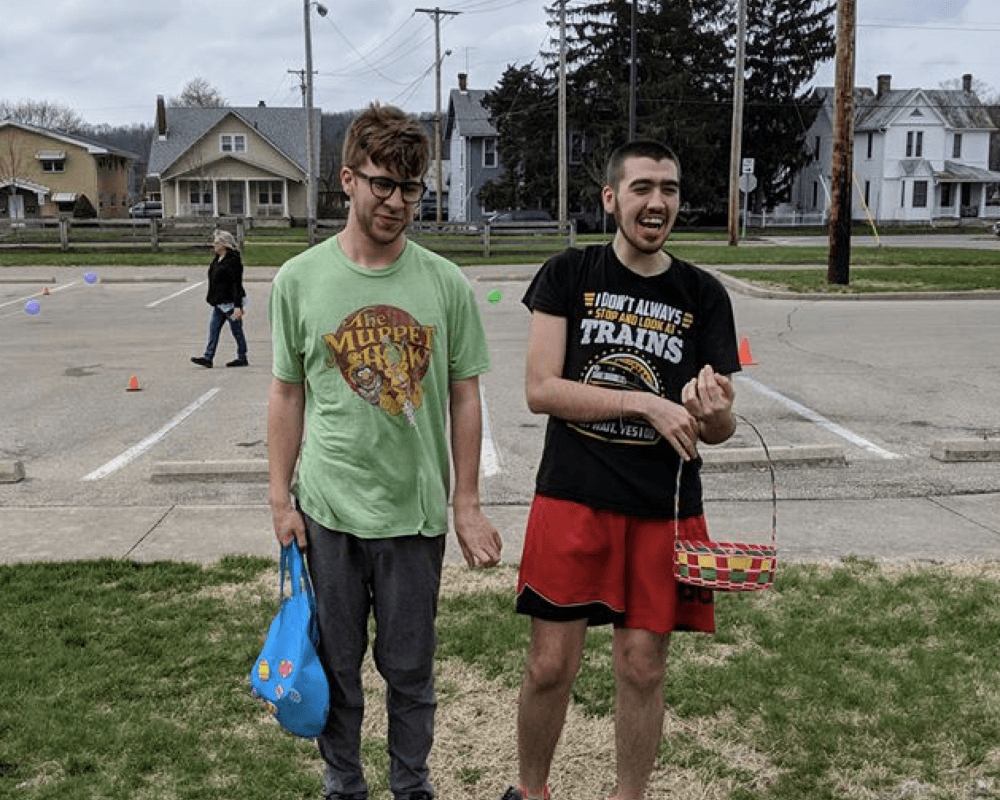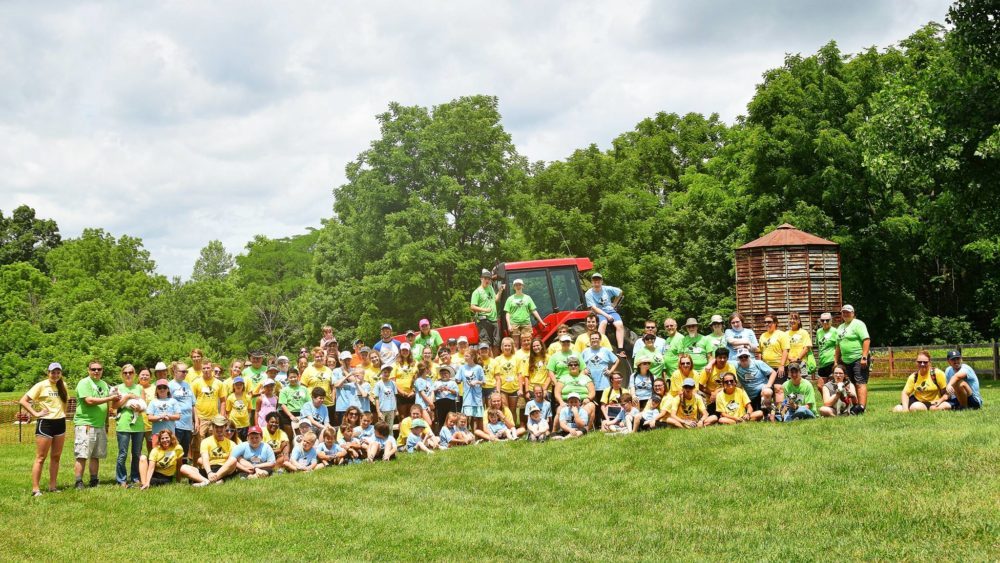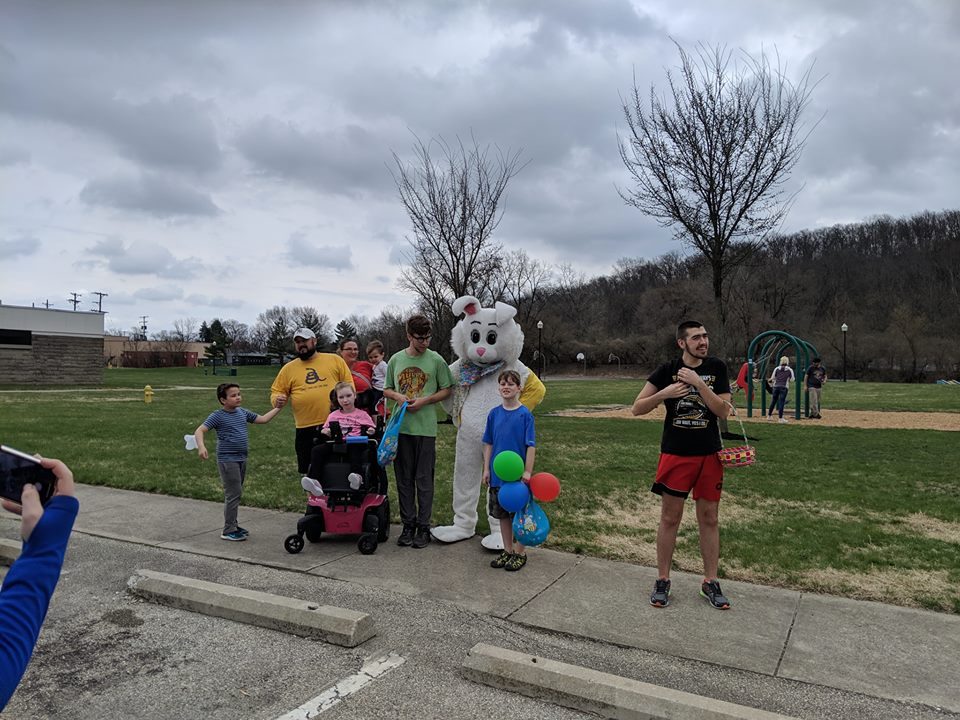
“Making Friends” – Nancy
When your child is different, there are a lot of worries. We worry about their health; their education; and their safety. But we also worry whether they’ll have something that most of us take for granted. A friend. A real, honest-to-goodness friend. Someone they can relate to, who likes to be in their company, and who will be there for them in good times and bad.
Sadly, a real friend is something our kiddos have a real hard time finding. We know this, so we do everything in our power to provide opportunities for our kids to make friends. As hard as we work, sometimes, there is just no chemistry and the signs of a budding friendship just aren’t there. Or worse, there could be real pushback from your kiddo, who has no desire to have a friend, thank you very much. That was Sam. I’ve felt sorry for the kids whose parents “made” them come over and spend time with Sam, who had no desire to play with them whatsoever. Sigh. Play dates that ended badly. Not being welcomed back to playgroup. But before you give up altogether, here’s my advice… Don’t. give. up.
Sam is 21 years old now. And I believe he finally has a real friend. Jack. Jack is probably, no, he IS the sweetest young man I believe I’ve ever met. Jack has autism. Sam has autism. Jack and Sam go to school together at a special school for special needs. 
David Roberts recently published a blog post entitled “How our housing choices make adult friendships more difficult” in which he states: The researchers believed that physical space was the key to friendship formation; that “friendships are likely to develop on the basis of brief and passive contacts made going to and from home or walking about the neighborhood.” In their view, it wasn’t so much that people with similar attitudes became friends, but rather that people who passed each other during the day tended to become friends and later adopted similar attitudes.
It’s the time spent together, rather than shared interests, that cause friendships to form. It was the activities Sam and Jack participated in together in little bits over a long span of time that caused them to form a friendship. Unfortunately, the opposite is also true. Friendships that aren’t continually nurtured, tend to fall apart. Loneliness is one of the chief complaints of those living in a group home situation. Even though they live with other people, they may still feel lonely and without real connections.
The fear of my child being lonely after I’m gone keeps me awake at night. It’s one of the reasons my husband and I started the 
For more information about Good Works Farm, visit www.goodworksfarm.org





